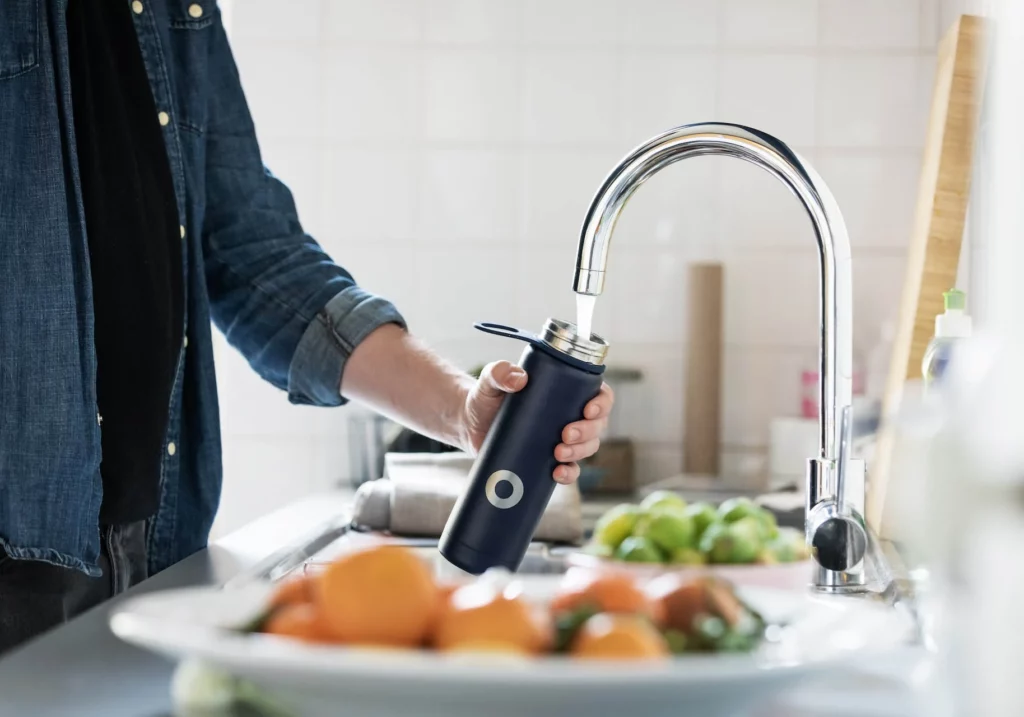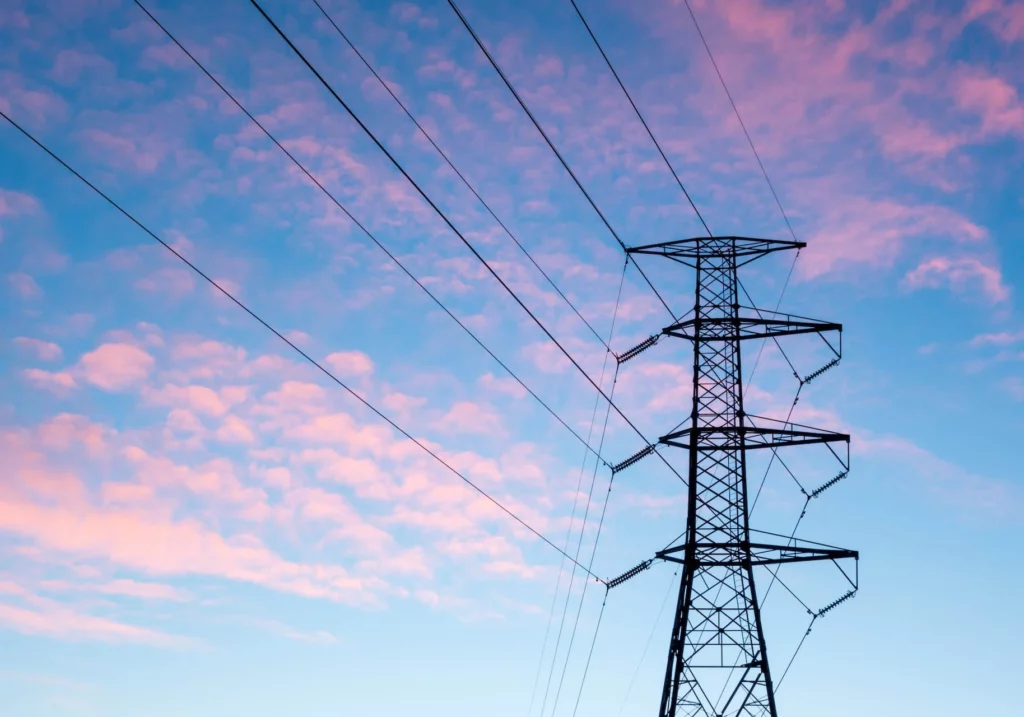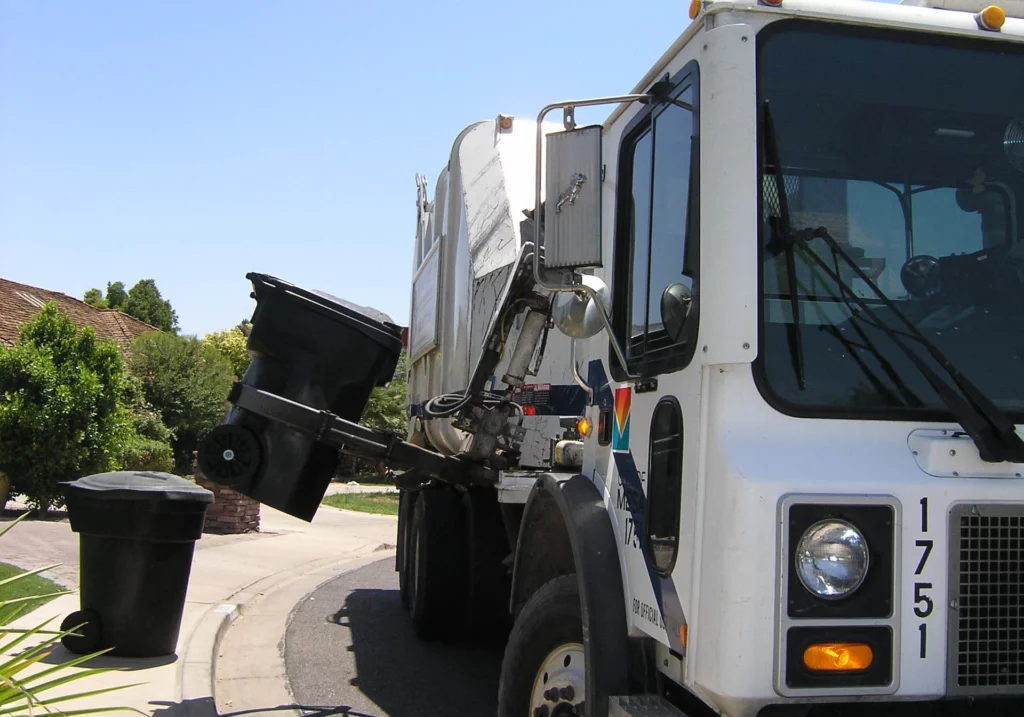Did you know that Ottawa continues to be one of Canada’s most affordable capital cities? However, utility costs have risen significantly since 2023. Our experts have updated our research to reflect current 2025 pricing for homeowners and tenants across various utilities that power their homes. We’ve also refreshed our money-saving tips to reflect new programs and rate structures. This updated article discusses the current cost of utilities in Ottawa and practical strategies to manage these rising costs.
Are you looking forward to buying a home in Ottawa? Book a free consultation with an expert realtor like Labrosse today.
Utilities are the basic facilities homeowners need to keep their houses functioning comfortably.
Some of these facilities include:
Utilities do not include public transportation, property tax, or any other living expense like groceries.
If you are renting an apartment, the cost of utilities could be paid by:
Sometimes the landlords are aware of the average cost of utilities in their apartment, and they include the cost in the rent. At other times, they may decide that the tenant is responsible for paying for the utilities, considering the fluctuating nature of the utilities.
According to the latest 2025 data from MovingWaldo, the monthly cost of utilities (electricity, heating, water, garbage, cooling, internet) in Ottawa for a single household (2 adults, two children) is now C$310.61. Recent studies suggest that monthly utility expenses in Ottawa have increased to around C$250-280 for two adults. The Ontario Financial Accountability Office reports that Ontarians now spend approximately C$200-250 a month on energy, reflecting significant increases since 2023. Current costs vary considerably, but on average, Ottawa residents should budget between C$310 to C$350 monthly for utilities—a notable increase from previous years.
According to a CBC podcast, one of the deciding factors when accepting a job in Canada is the living expenses. The monthly cost of rent plus utilities and food is more than C$3000 on average in Canadian cities like Toronto or Vancouver. Ottawa is a relatively affordable option. The following is the average cost of utilities that you are expected to pay in Ottawa.

In Ottawa, residents pay water and sewer bills every two months. Bills are typically based on meter readings, though estimated billing may occur in some circumstances.
2025 Rate Changes: Ottawa City Council approved a 4.4% overall increase for water, wastewater, and stormwater rates in the 2025 budget, effective April 1, 2025. This increase ensures the Ottawa Water Program remains fully self-funded while addressing infrastructure renewal needs.
Water is sourced, processed and distributed at the local level. Your water bill includes the price of the water itself, the cost of delivery, and the cost of maintaining facilities and infrastructure such as sewers and wastewater treatment.
Bathrooms



Electricity is one of the most important utilities in Ottawa and is used for powering lights, appliances, and heating and cooling systems. Some homes are heated with natural gas. You need to set up an account with your local gas and power company.
2025 Electricity Updates: As of January 1, 2025, residential customers saw a modest increase of approximately C$0.16 (0.12%) per month. However, significant increases are expected in 2026, with typical residential customers facing an additional C$6.08 monthly increase if Hydro Ottawa’s current application is approved.
The electricity supply in Ontario continues to be generated primarily from nuclear and hydroelectric power, which is why electricity utilities are called “hydro” in Ottawa. Wind and solar power generation continues to expand.
Time-of-use rates remain in effect, with the Ontario Energy Board setting new rates annually each November 1st. The rate structure includes on-peak (highest rates), mid-peak (moderate rates), and off-peak (lowest rates) periods, with specific times varying by season.
Most of the natural gas that Ottawans use is sourced from Alberta. Once it is extracted, it travels through pipelines and is stored at your local utility company.
The rates for natural gas are set by the Ontario Energy Board and reviewed quarterly.
Significant 2025 Change: The federal carbon charge was eliminated from customer bills effective April 1, 2025, resulting in annual savings of approximately C$191-251 (15.5% to 22.0%) for residential customers, depending on location.
Your gas bill includes customer charges, delivery fees, and various adjustments. However, the removal of federal carbon charges has provided substantial relief to consumers, though other rate components have seen increases to reflect forecasted costs.
Electricity costs can be reduced by following these tips:

In most cases, your municipality will offer trash and recycling services for a fee. The average monthly cost of garbage disposal for a household of 4 (2 adults and two kids) will be C$20.

When it comes to the internet, the average price varies based on speed and data limit. If you spend more, you get a faster connection and a better service. The speed of the internet is measured in megabits per second. You will have two listed speeds, one for download and the other for upload. Most Ottawans consider a basic internet speed of 60 Mbps downloading and 10 Mbps uploading as a good connection.
Internet plans in Ottawa now typically range from C$35 a month (basic plans from providers like Bravo Telecom) to C$130+ for premium high-speed services. Major providers have implemented significant price increases since 2023.
2025 Internet Updates:
Mobile phones are becoming more popular than cell phones every day. There are a variety of choices when it comes to paying for phone service. Some of the factors that decide the cost of phone service are the number of minutes of phone time and the number of text messages allowed by your mobile phone plan.
For approximately C$40-45 a month, you can get unlimited talk and text plus 3GB+ of mobile data, reflecting price increases implemented by major carriers in 2024-2025.
2025 Mobile Updates:
Cost-Saving Tip: Consider flanker brands (Fido, Virgin Plus, Koodo) or newer providers for more competitive pricing.
The average cell phone bill in Ottawa has increased to approximately C$40-60 monthly, with basic plans starting around C$35 for unlimited talk/text plus 3GB data.


We all need utilities, and they are not free. If you know what you are expected to spend on utilities, you can ensure you are not overspending your hard-earned cash. It can also help to keep better control of your budget.
Ottawans can reduce their utility costs in a variety of ways. Refer to the tips above for saving on your utility bills.
A family of 4 now expects to spend around C$310-350 on utilities, representing a significant increase from 2023 levels. This amount excludes food costs, public transport, and reflects current 2025 pricing for electricity, water, gas, waste management, and internet services.
It could be due to a variety of reasons. One reason could be a change in the household, such as new tenants or visitors. Another reason could be the installation of new appliances such as water-cooled air conditioners, humidifiers and lawn sprinkler systems. You also need to check for some plumbing problems or leakages in your pipes.
Some of the cheapest places to live in Ottawa are Vanier, Sandy Hill and Alta Vista.
Taxes are cheaper in Ottawa than in Toronto. You need around C$ 6568.1 in Ottawa to maintain the same standard of living that you can have with C$ 7500 in Toronto.
What is the average monthly net salary in Ottawa and Toronto?
According to numbeo.com, the average monthly net salary in Ottawa is C$ 4,013. In Toronto, it is C$4,049.
Labrosse Real Estate Group
4366 Innes Road
Ottawa, ON, K4A 3W3
Direct: 613-227-6409
Email: Hello@LabrosseRealEstate.com
Office: 613-590-3000
Copyright © 2022 NICK LABROSSE
Nicholas Labrosse Courtier Immobilier Inc
Website created by Designful